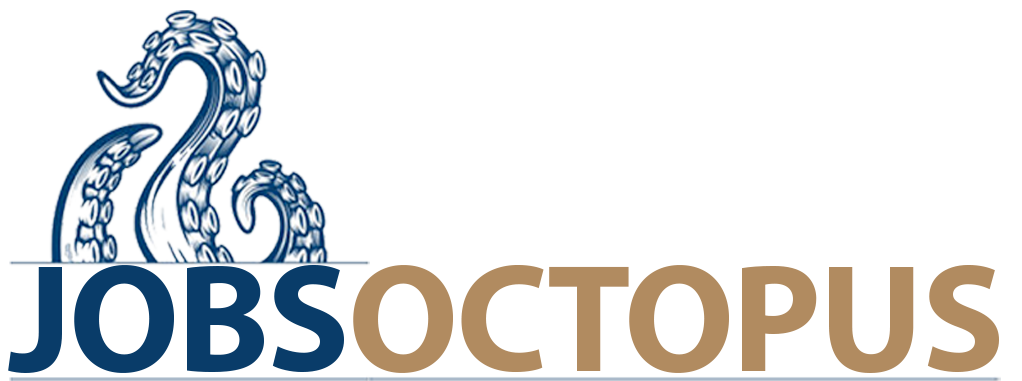
In the competitive landscape of job hunting, your resume is your ticket to the interview room. It's not just a document but a marketing tool that showcases your skills, experiences, and potential value to prospective employers. Crafting a standout resume is an art, and in this comprehensive guide, we'll walk you through the essential elements that will make your resume shine.
Your resume is often the first impression a potential employer has of you, and as the saying goes, "you never get a second chance to make a first impression." Therefore, it's crucial to invest time and effort into creating a resume that grabs attention and leaves a lasting impact.
1. Understanding the Basics
Before diving into the intricacies, let's cover the fundamental elements of a resume:
- Contact Information: Ensure your name, phone number, email address, and LinkedIn profile (if applicable) are easily accessible.
- Objective or Summary: Craft a concise and compelling statement about your career goals and what you bring to the table.
2. Formatting Matters
A well-organized and visually appealing resume is more likely to be read. Consider these tips:
- Consistent Formatting: Maintain a consistent font, bullet point style, and spacing throughout.
- Sections: Divide your resume into clear sections such as Education, Work Experience, Skills, and Achievements.
3. Showcasing Your Professional Experience
- Quantify Achievements: Use numbers to highlight your accomplishments. Instead of saying "increased sales," specify "increased sales by 20% in six months."
- Tailor for the Job: Customize your resume for each position by emphasizing relevant experiences and skills.
4. Highlighting Your Skills
- Soft and Hard Skills: Include a mix of soft skills (communication, teamwork) and hard skills (technical proficiencies) relevant to the job.
- Keywords: Incorporate industry-specific keywords to pass through Applicant Tracking Systems (ATS).
5. Education and Certifications
- Relevance: Highlight your educational background and any certifications that align with the job requirements.
- Honors and Awards: Include any academic achievements, honors, or awards.
6. Embracing the Power of Keywords
Many companies use ATS to streamline the hiring process. To ensure your resume gets noticed:
- Research Keywords: Identify industry-specific keywords from the job description.
- Strategic Placement: Integrate these keywords naturally into your resume, especially in the skills and experience sections.
7. Crafting a Compelling Summary or Objective Statement
- Engage the Reader: Create a summary that captures the essence of your professional journey and sparks interest.
- Tailor to the Role: Align your statement with the specific requirements of the job.
8. Proofreading and Editing
- Attention to Detail: Typos and grammatical errors can harm your chances. Proofread meticulously or ask a friend to review your resume.
- Conciseness: Keep it concise—aim for a two-page resume unless you have extensive experience.
Crafting a standout resume requires time, thought, and attention to detail. By following this comprehensive guide, you'll be well-equipped to create a resume that not only passes through automated systems but also impresses hiring managers. Remember, your resume is not just a list of experiences; it's your personal marketing document, showcasing the best of what you bring to the professional table. Good luck on your job search!



